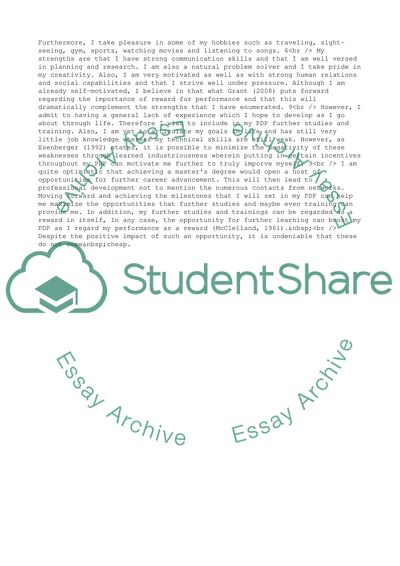Cite this document
(People and Organisational Management Research Paper, n.d.)
People and Organisational Management Research Paper. Retrieved from https://studentshare.org/management/1753150-personaldevelopmentplan
People and Organisational Management Research Paper. Retrieved from https://studentshare.org/management/1753150-personaldevelopmentplan
(People and Organisational Management Research Paper)
People and Organisational Management Research Paper. https://studentshare.org/management/1753150-personaldevelopmentplan.
People and Organisational Management Research Paper. https://studentshare.org/management/1753150-personaldevelopmentplan.
“People and Organisational Management Research Paper”. https://studentshare.org/management/1753150-personaldevelopmentplan.


